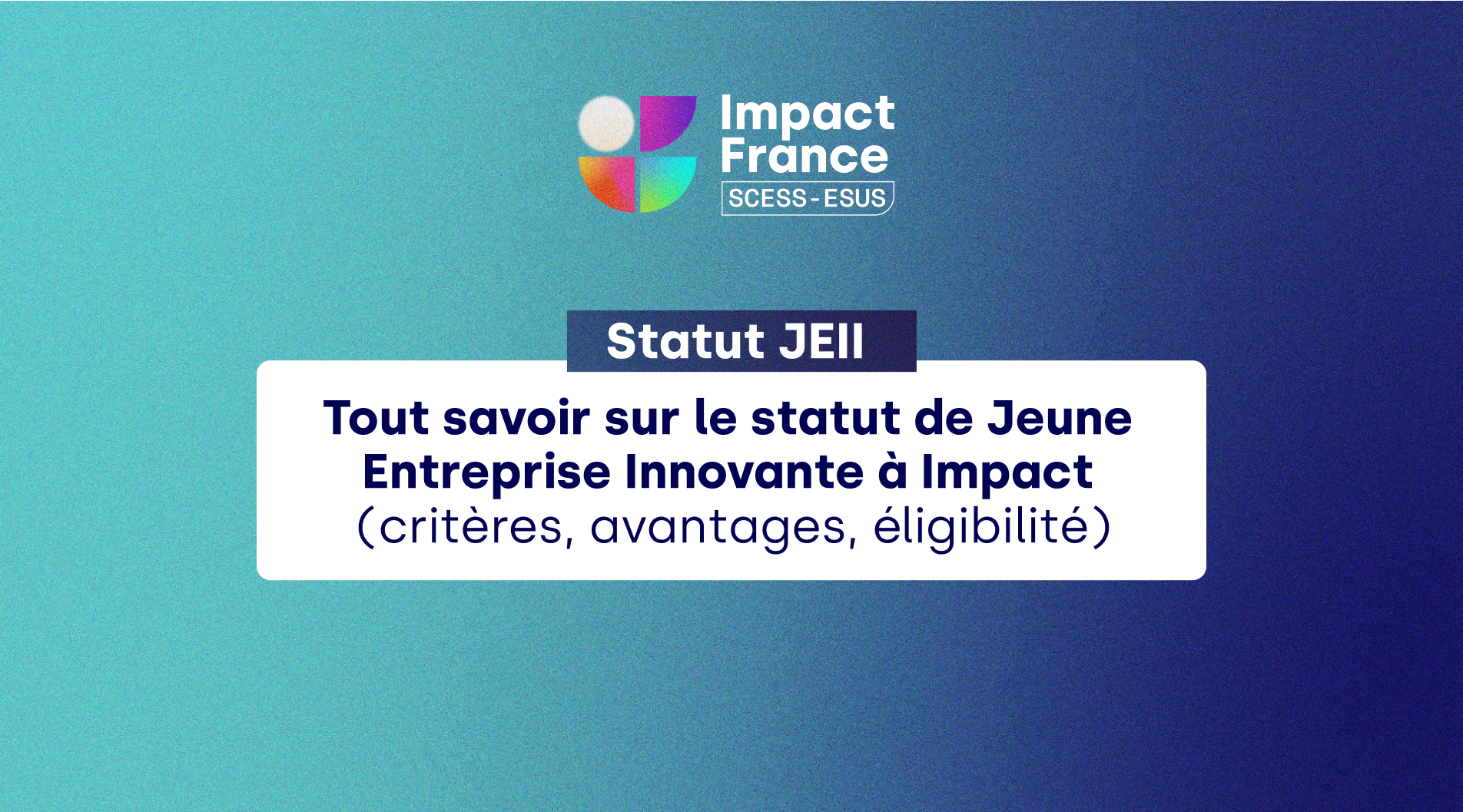"Making sobriety a collective choice": the appeal of 84 French business leaders


Eighty-four French business leaders are calling for sobriety to become a collective choice. In the JDD, the heads of EDF, Engie and TotalEnergies called for energy sobriety to cope with supply tensions and rising prices. In reaction to this article, several French leaders - including EDF CEO Jean-Bernard Lévy, one of the three signatories of the first text - plead not to limit the issue of sobriety to a one-off response by each citizen to a crisis suffered, but to make it a global approach committing the economy to a chosen model.
Here is their statement: "Moving from 'emergency sobriety' to organised sobriety. This is the challenge that we, business leaders, have decided to collectively face. For a long time, this word was a repellent for many managers, at odds with their cultures, their issues and their concerns. However, today we are more than ever convinced that sobriety is not synonymous with scarcity, withdrawal or decline, but that it is the answer to the most crucial equation of our time, which should be at the heart of all political reflection today: how to meet the needs of everyone in a world with outdated planetary limits and unbridled consumerism? We believe that our organisations can play an essential role in this transformation. For considering sobriety only on an individual scale and in terms of reducing heating or air conditioning will not be enough. We believe that sobriety requires a real paradigm shift, as highlighted in the latest IPCC report: "avoid-shift-improve".
At the company level, we translate this into the following axiom: accept to sometimes do less, to always do better. In concrete terms, this means integrating circular economy, use economy, relocation, biodiversity regeneration, or aligning the company's carbon reductions with the Paris Agreement into the heart of the strategy. But we also believe that a strategy of sustainable sobriety in business will necessarily involve a fair sharing of value and an integration of the long term within the company, and therefore changes in governance. Sobriety is also what will enable us to combine economic development with major societal and environmental advances, by offering the French people new solutions combining scientific, ecological and social innovation that meet essential needs rather than creating them. These models already exist in many areas, such as textiles with the use of second-hand goods and guaranteed reparability, food with organic farming that is low in carbon inputs, short circuits or the fight against waste, mobility with soft and decarbonised solutions, and even digital technology through low-tech or tech for good initiatives.
Experience has shown us that technological innovation must go hand in hand with sobriety of use, otherwise the "rebound effects" will make it counterproductive. We also believe that organised economic sobriety is a way of not putting the burden of the transition on the most disadvantaged, but of transforming our uses globally and facilitating access to ecological goods and services. Sobriety, through its anchoring, also allows us to improve our production chains socially and to revalue know-how. Sobriety can be a collective choice and not an individual responsibility: companies, associations and public authorities must be the driving force and plan it with determination and solidarity. For this alliance must allow our global model of competitiveness to evolve in order to clearly support this new path, to finally get companies out of a perpetual contradictory injunction. This is precisely what we will be proposing collectively from 30 August at the Summer University on the Economy of Tomorrow. Entrepreneurs and managers, join us to take up the challenge of sobriety and build a new prosperity!
Published this Sunday, July 3rd in the JDD: this Tribune on the key issue of Sobriety, initiated by the Impact France Movement has already been signed by more than 150 leaders and entrepreneurs!

.jpg)